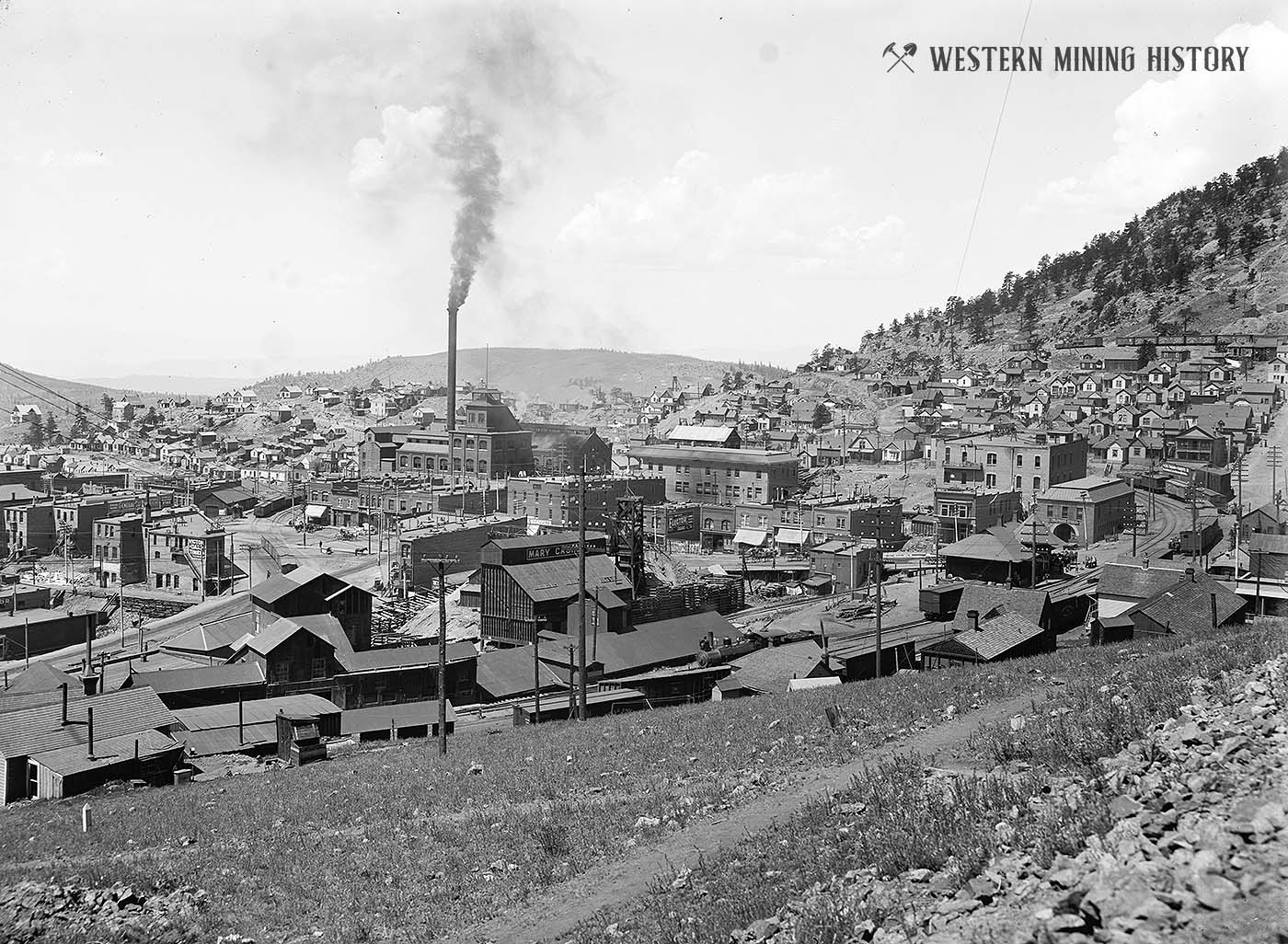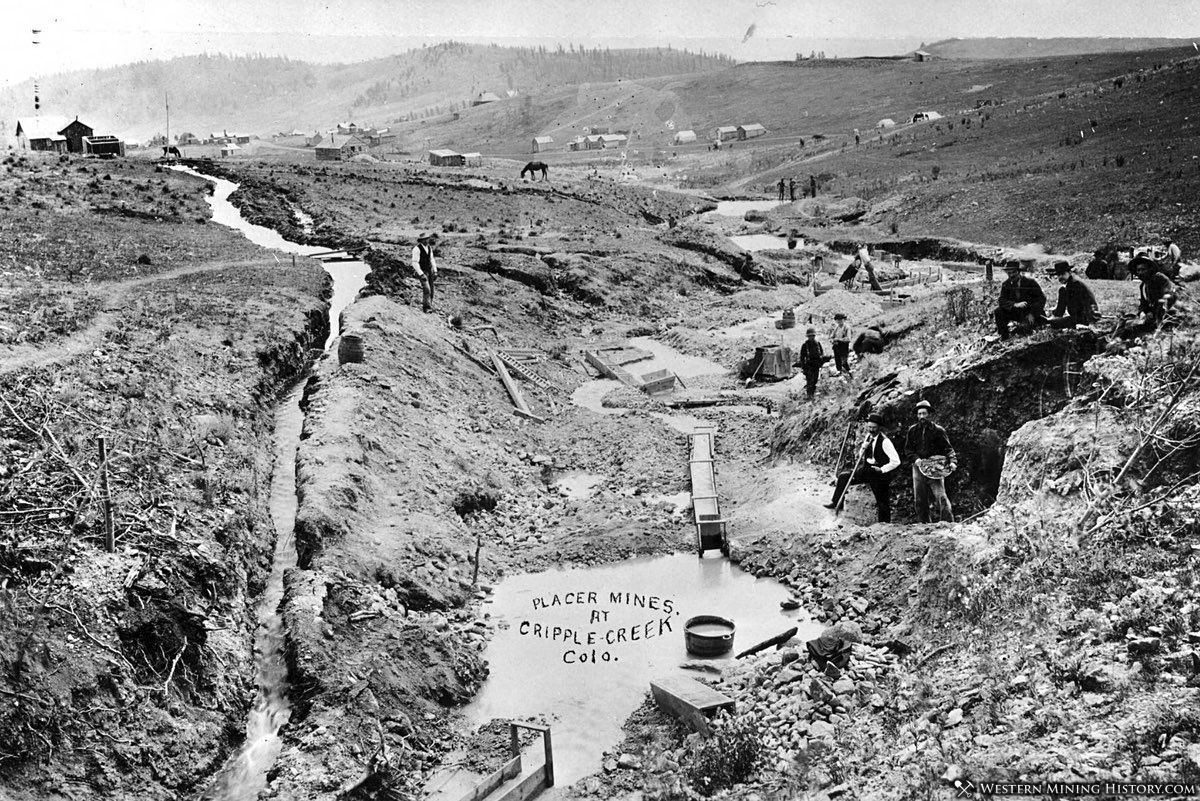Victor History
Second only to the city of Cripple Creek, Victor was the next most important community in the Cripple Creek gold mining district. The district was fabulously rich and would ultimately become the nation’s second-largest producer of gold.
Victor was established in 1891 after gold was discovered in the area. The town was founded by Frank and Harry Woods, and took its name from Victor Adams, one of the early pioneers in the area. Initially a settlement of tents and miners' shacks located on the slopes of Battle Mountain, by 1894 Victor was incorporated and quickly became one of Colorado's most important cities.
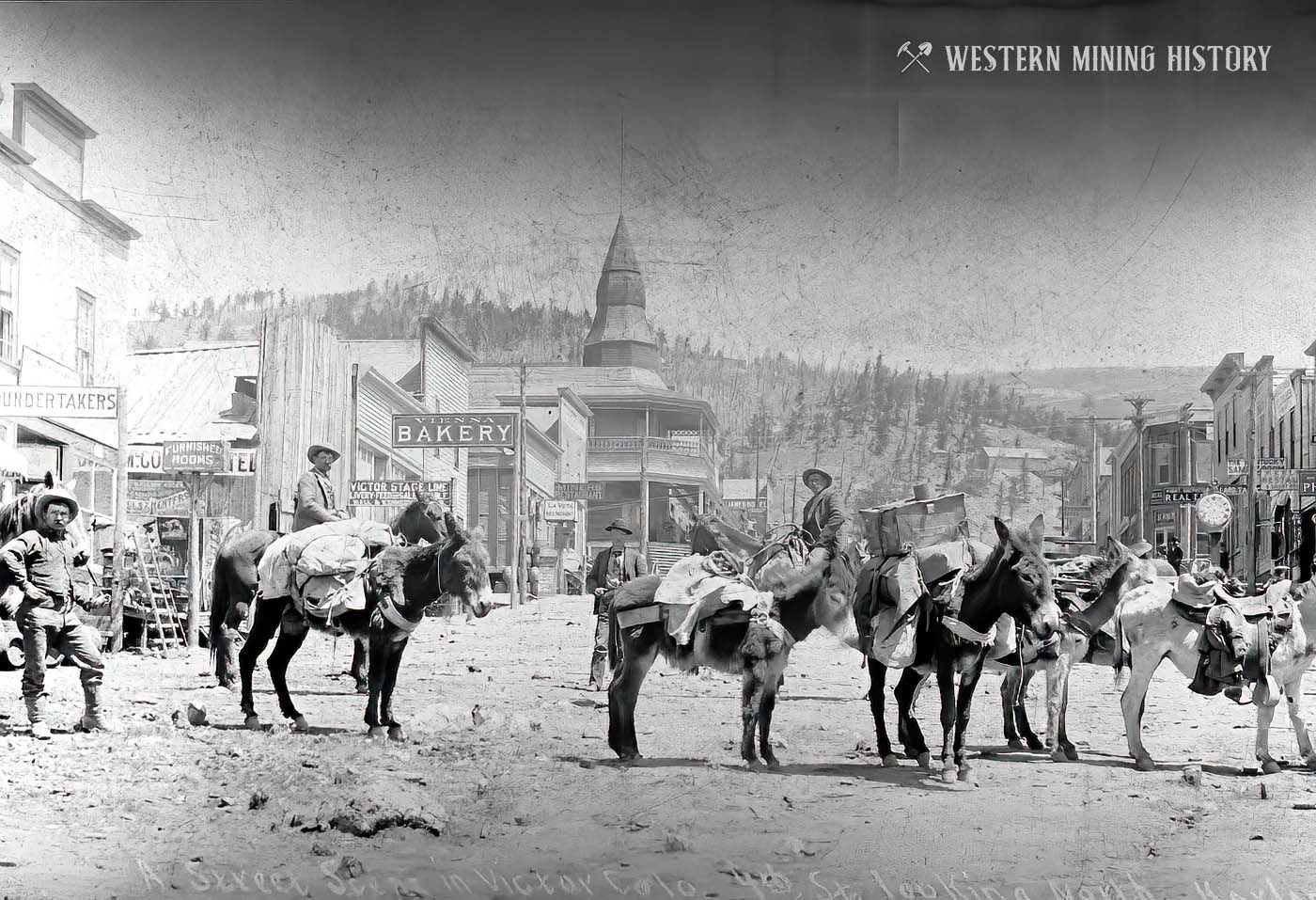
Although Cripple Creek was the larger city, Victor was known as the “City of Mines,” a name earned because the district’s four richest mines were located nearby. The Portland, Cresson, Ajax, and Independence mines together produced more than one-third of the district’s gold. Total gold production from the Victor area exceeded 12.5 million ounces.
Further proof of Victor’s claim as the district’s “City of Mines” came when a rich gold vein was uncovered during excavation for a hotel foundation in the center of town. The Gold Coin Mine was established on the spot, and in place of the planned hotel a lavishly ornate hoist house was constructed—an iconic symbol of one of the nation’s richest gold-mining cities.
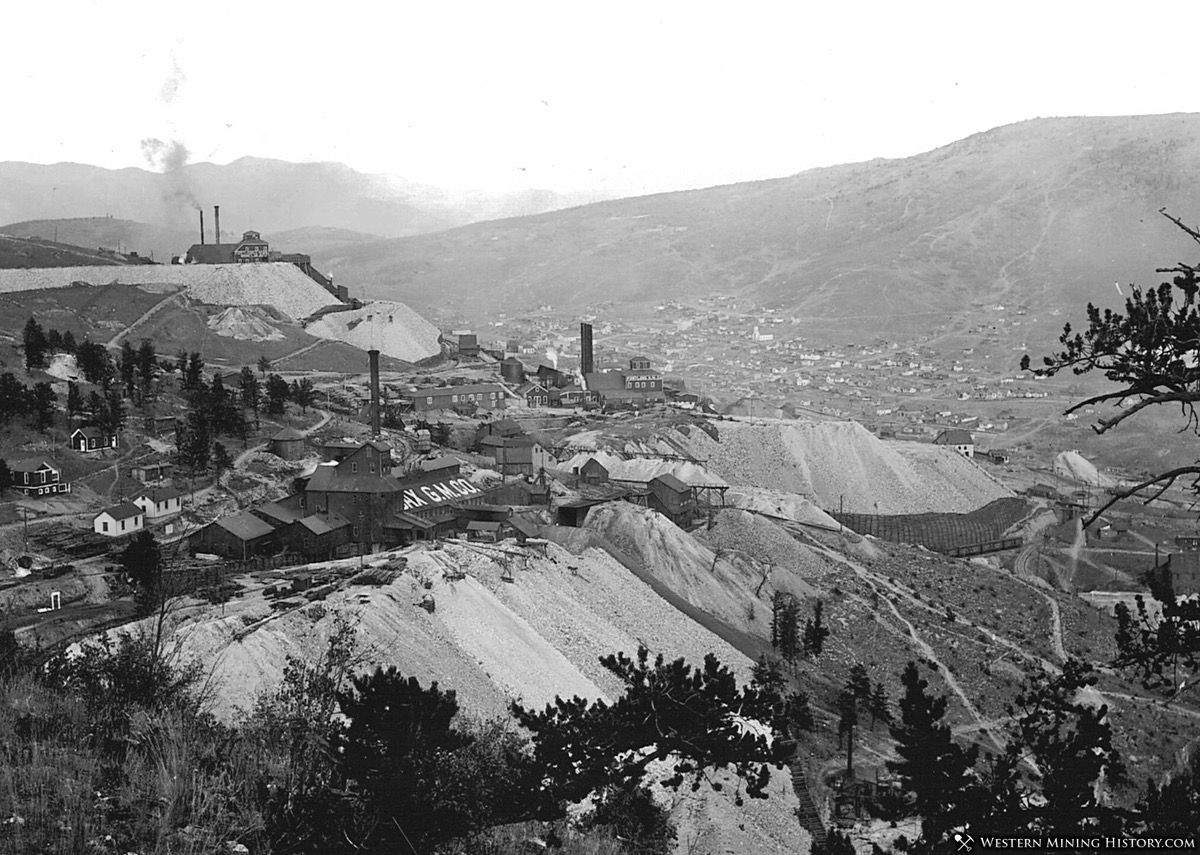
A railroad was built to Victor in 1894, and that year the population was reported to be around 8,000. By 1899, the year of the great fire, it was claimed that Victor had over 10,000 residents. The fire struck on August 21, 1899, burning down the entire business district. A newspaper article published the next day in the Telluride Daily Journal summarized the devastation:
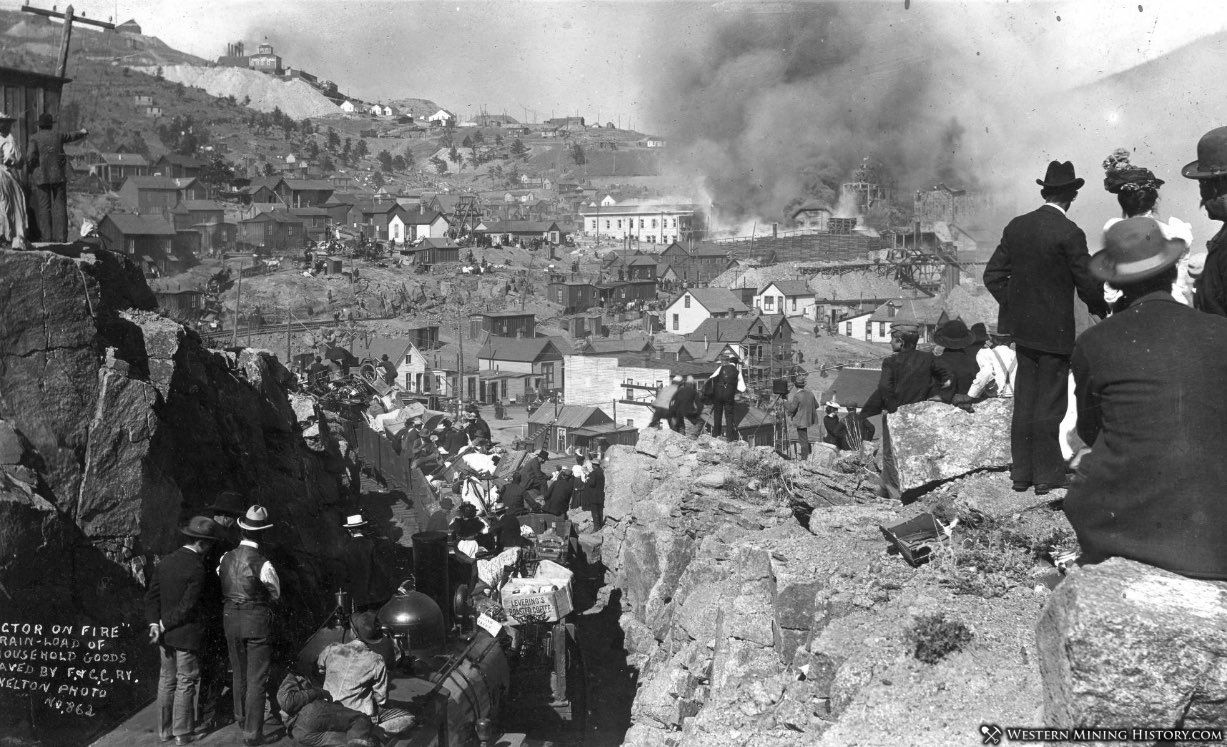
Town of Victor Wiped Out by Fire. About 8 oclock last evening L.C. Hunt, manager of the Telluride house of the Tompkins Hardware Co., received a telegram from the manager of the Victor house of the same firm which read: "Store and warehouse burned down. Entire business portion of Victor gone." Between the store and warehouse three blocks intervened, and to the telegraph office was four blocks in another direction. The telegram was dated at the Goldfield office, indicating that the Victor telegraph office had been destroyed. This will give an idea of the scope of territory devastated by the fire .
Victor was quickly rebuilt with larger and more substantial buildings of brick and stone. Today many of the city's historic structures date back to 1899, the date they were rebuilt after the devastating fire.
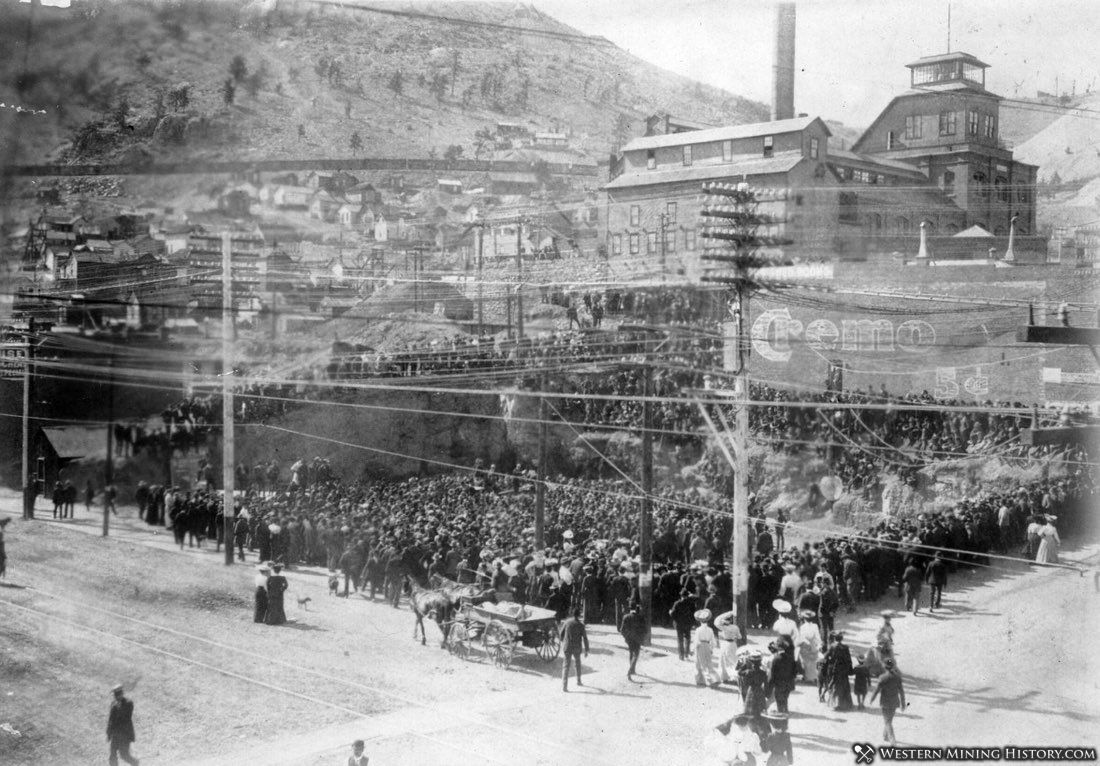
While Cripple Creek was the financial and commercial center of the district—and the city favored by mine owners and investors—Victor was the working-class town where most of the district’s miners lived. Two major strikes, first in 1894 and again in 1903, brought great upheaval to the district, and Victor became the center of strike activity.
The 1903 strike was particularly violent and formed part of a statewide walkout led by the Western Federation of Miners. This episode, later known as the “Colorado Labor Wars,” ultimately prompted military intervention by the Colorado National Guard. The WFM’s union hall in Victor still stands today, its bullet holes from the strike-era violence left intact.
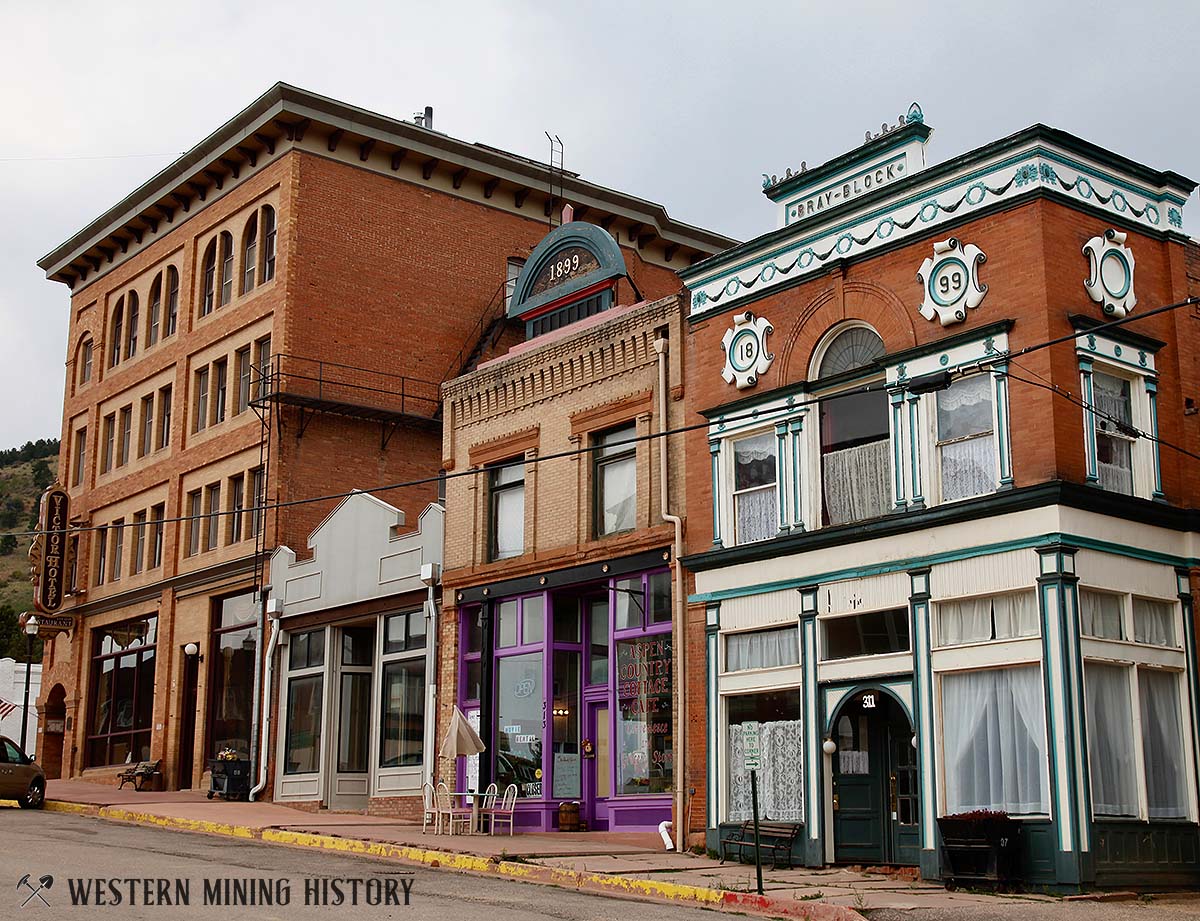
The mines at Victor continued to produce into the 1900s but declined steadily as the mines were worked out. All the mines were shut down by government order during World War II, but mining resumed after the war. The last mines in the district closed in 1962.
Tailings were reworked starting in the late 1970s, then in 1994 an open-pit mining operation began that still operates today. Unfortunately the ever-expanding pit has swallowed a great many of the historic mines that made the district famous.
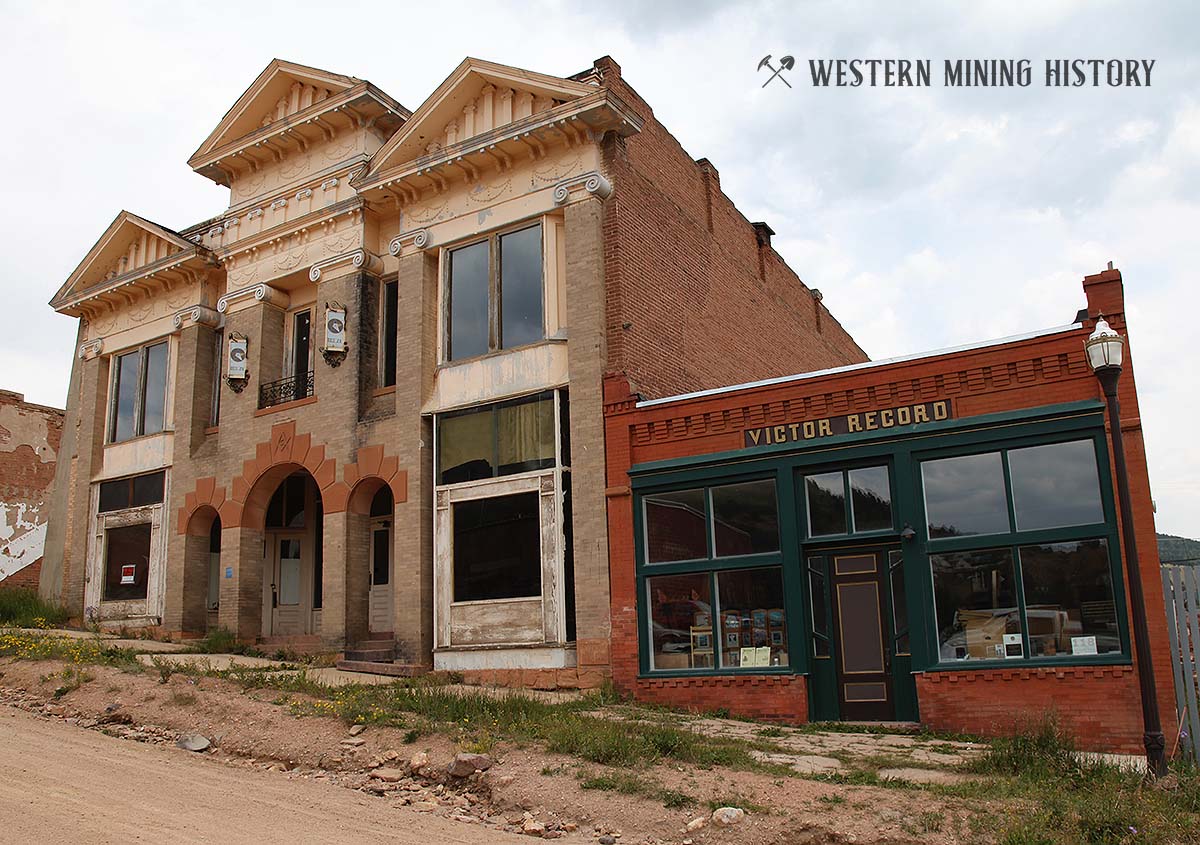
Victor still contains dozens of historic buildings from the town's boom years. Many substantial brick buildings built in 1899, after the big fire, still stand today.
Cripple Creek “The World’s Greatest Gold Camp”
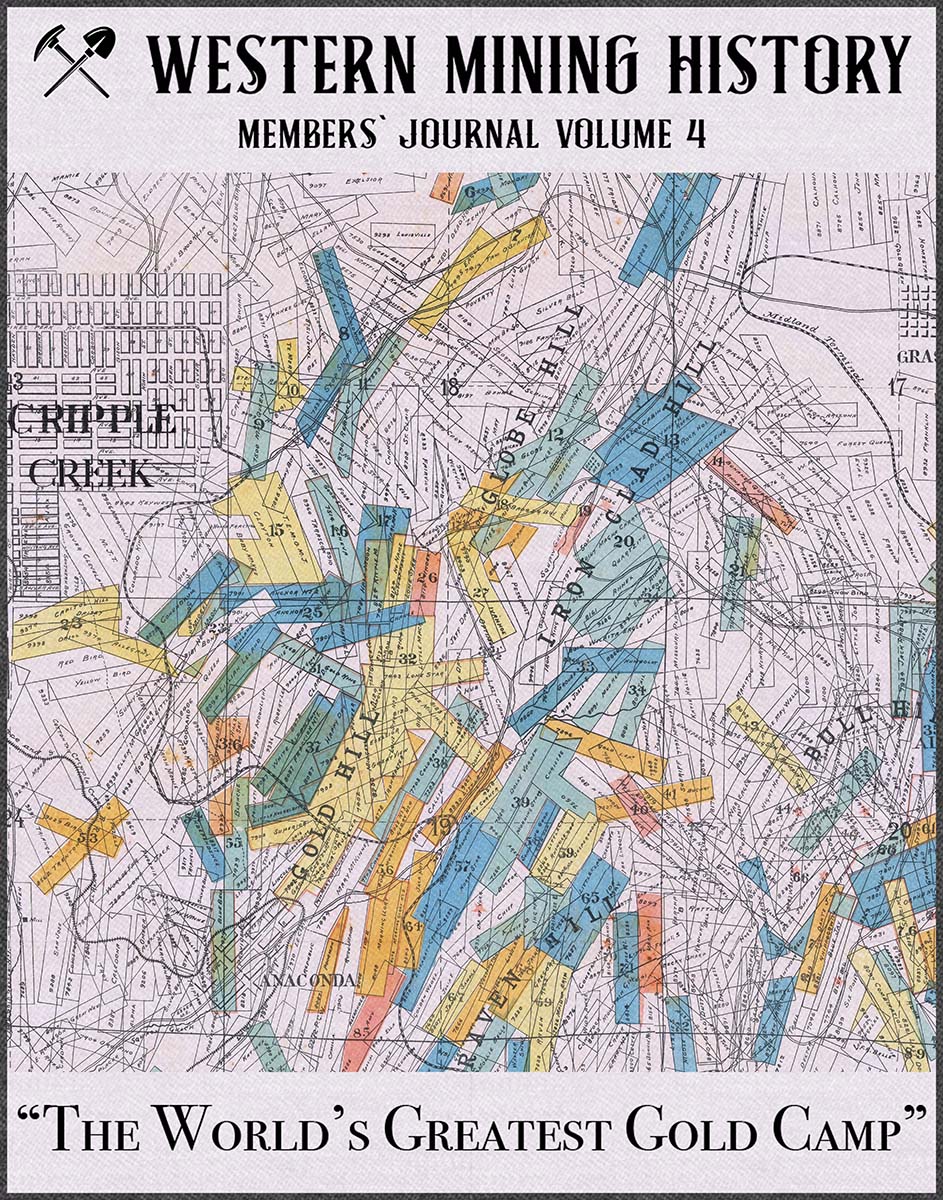
"So thickly were the hillsides and gulches studded with homes, than one can easily say that the Cripple Creek district is one great city, covering thirty-six square miles." Cripple Creek – “The World’s Greatest Gold Camp” uses selected text from a 1903 special edition of the Cripple Creek Times, and over 50 images from various sources to illustrate the importance and magnitude of Cripple Creek during the district's peak years.
A Tour of Colorado Mining Towns
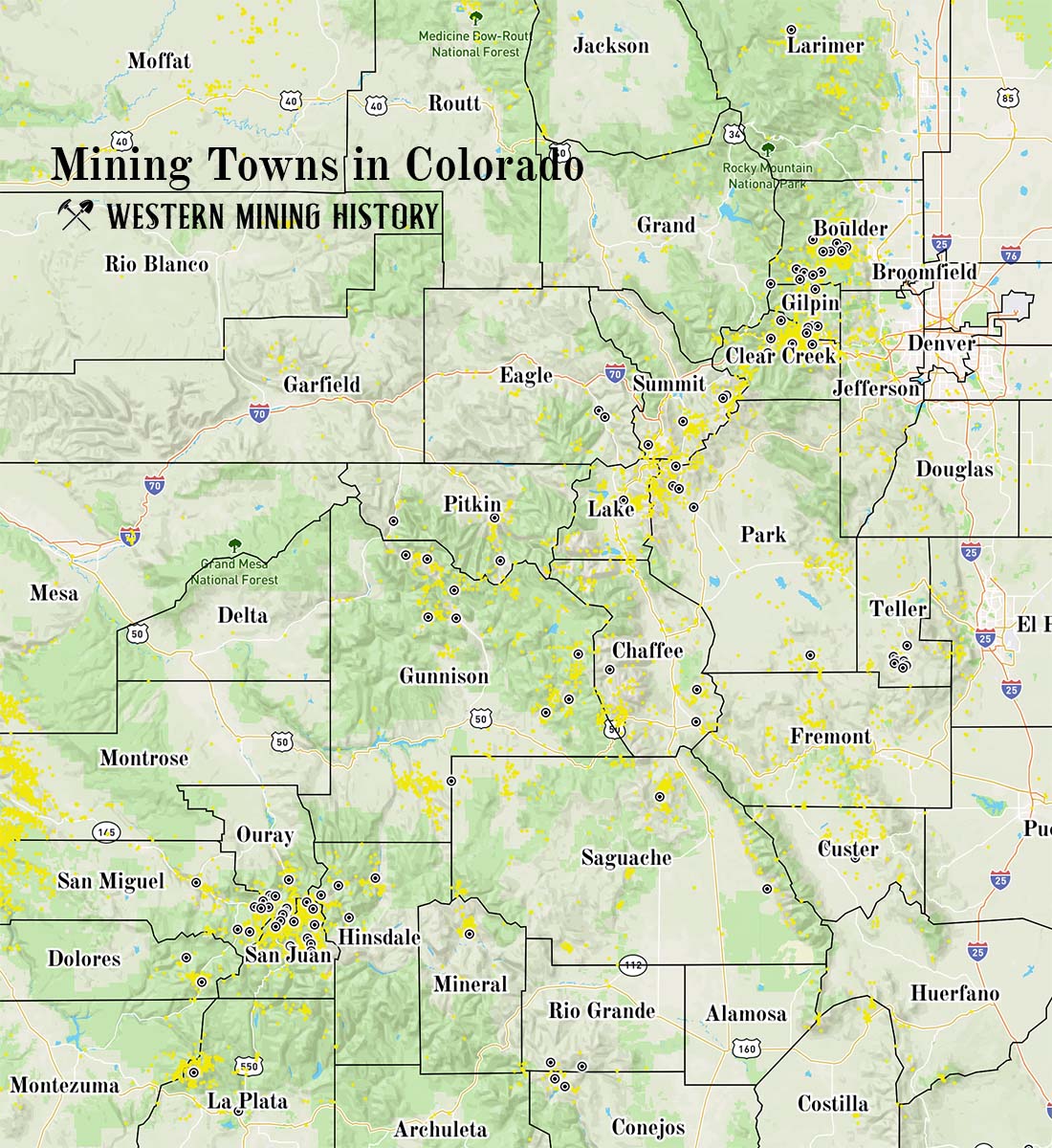
Explore over 100 Colorado mining towns: A tour of Colorado Mining Towns.
Colorado Mining Photos
More of Colorado's best historic mining photos: Incredible Photos of Colorado Mining Scenes.
